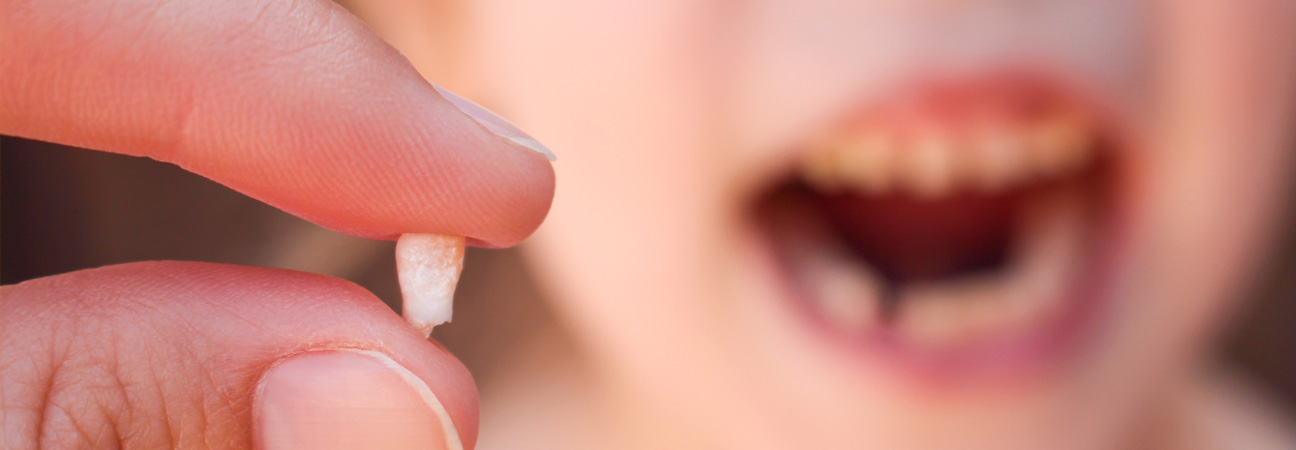 If your child is around six years old, it may be time to have a conversation about losing her baby teeth. Suddenly finding that her tooth is loose could be a very confusing or even frightening experience. Continue reading for some tips to help you navigate this conversation.
If your child is around six years old, it may be time to have a conversation about losing her baby teeth. Suddenly finding that her tooth is loose could be a very confusing or even frightening experience. Continue reading for some tips to help you navigate this conversation.
How to Talk To Your Child About Losing Her Baby Teeth
Look for teachable moments
For most kids, the idea of losing baby teeth is not altogether foreign. Chances are, they’ve seen plenty of older kids with missing teeth so use this as a conversation starter. Rather than forcing the conversation on your child seemingly out of the blue, look for encounters your child may have with older peers and point out when the older child has a missing or loose tooth.
This will not only demystify the experience but will help your child to realize that this is a common thing that happens to their peers, too.
Have some fun with it
Add a little magic to the experience by bringing the tradition of the tooth fairy into your home. The excitement of the tooth fairy could very easily overshadow any anxiety your child may experience about losing her teeth. Even if your child seems disinterested in the fairy herself, nearly all children can get excited about finding a little money under the pillow the next morning.
Be transparent about the process
It’s important to warm the child up to the idea of a tooth extraction. Explain that when the tooth decides it’s ready to come out, it will first become a little loose. Over time, the tooth should be able to wiggle back and forth with very little pressure. If the child feels any pain when wiggling the tooth, reassure her that the tooth will eventually fall out when it’s ready so there is no need to hurry it or rush it along.
Another important reminder for your child is that a little blood along the gum is perfectly normal after the tooth is pulled. The bleeding should stop in just a few minutes, but if unexpected, the bleeding could scare the child and cause unnecessary anxiety.
Schedule a Teeth Cleaning in Greenville, NC
Another way to prepare your child to lose her baby teeth is to schedule regular cleanings at Wilson Pediatric Dentistry. We will partner with you in helping your child develop lifelong habits that will promote healthy dental hygiene practices. We offer pediatric dental services such as teeth cleaning in Greenville, North Carolina.
Contact us today to schedule your appointment.
 The start of a new year is the perfect time to consider what went well in the previous year and what changes you’d like to implement in the coming year. As you start to consider resolutions for your family, why not make your child’s dental health a priority this year?
The start of a new year is the perfect time to consider what went well in the previous year and what changes you’d like to implement in the coming year. As you start to consider resolutions for your family, why not make your child’s dental health a priority this year? 